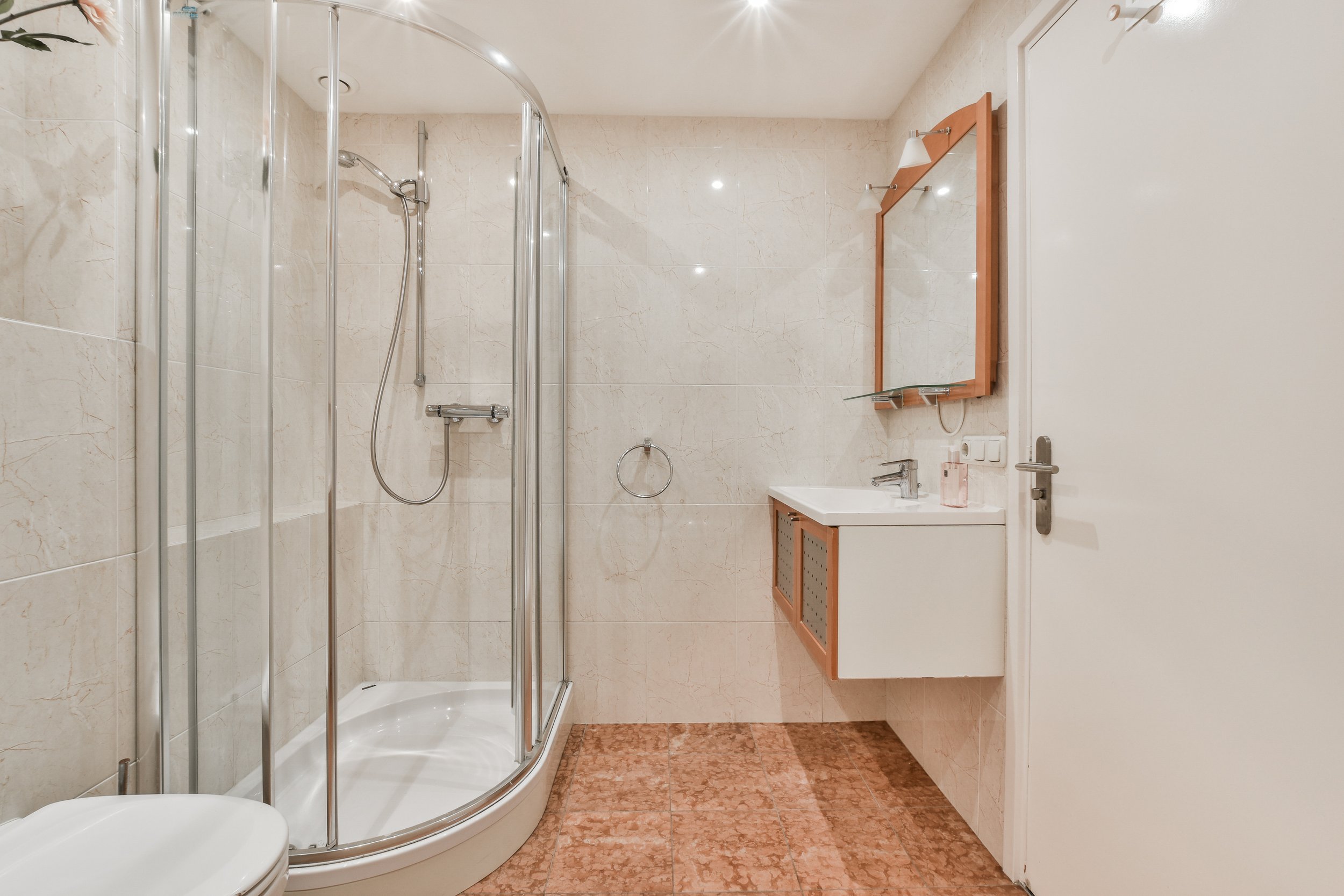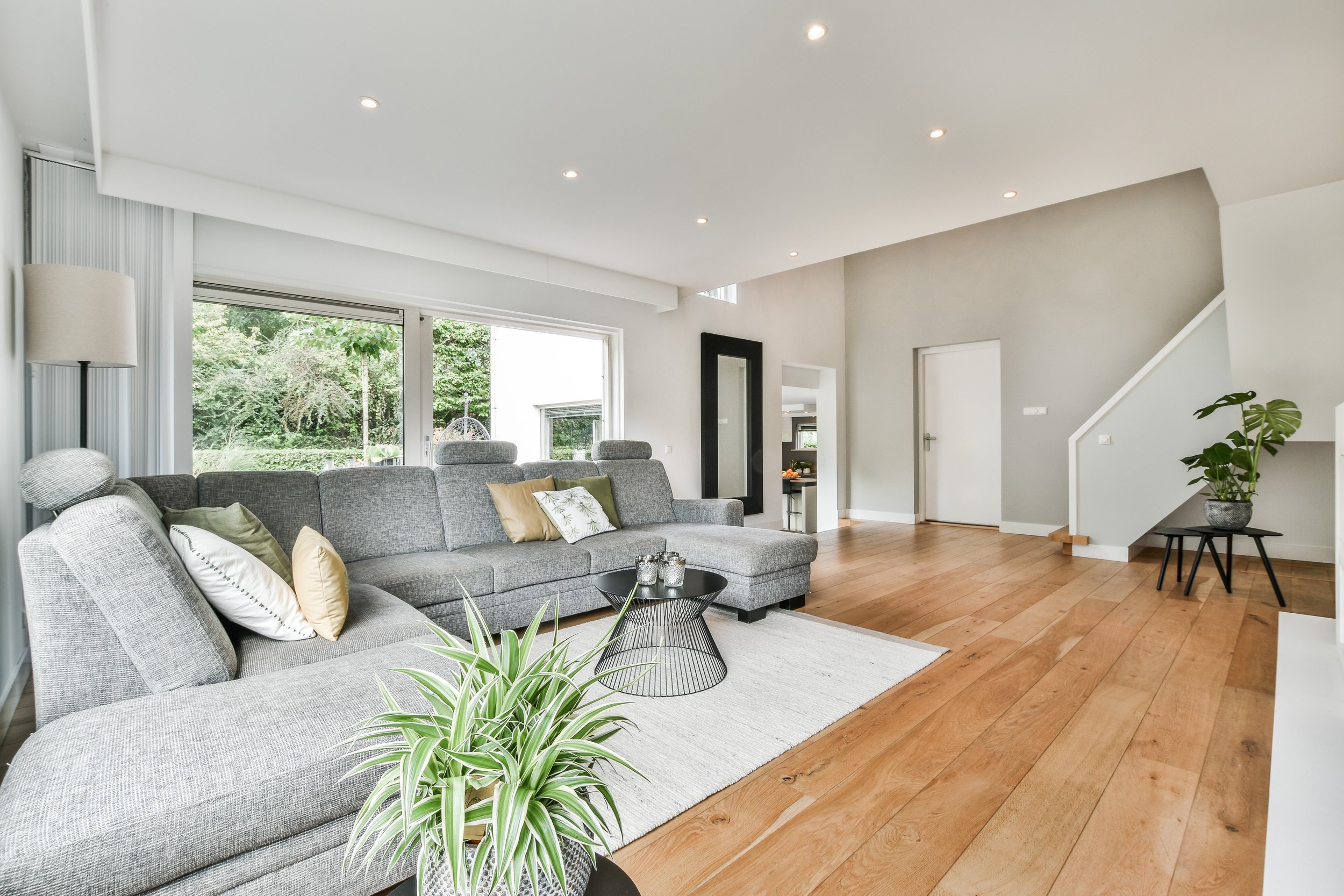
How Do I Choose A Basement Contractor In Sandy Springs, GA?
Homeowners in Sandy Springs and North Atlanta often look at the basement and see untapped value. A finished basement can add a guest suite, a media room, a home office, or a rental-ready space. The challenge is picking the right contractor. The wrong choice leads to delays, change orders, and code problems. The right choice delivers a smooth build, a clean permit path, and a space that feels like part of the home, not an afterthought.
Start with local code and water
Basement finishing in Sandy Springs involves a few recurring hurdles: moisture, egress, ceiling height, and mechanical clearances. A local contractor who works in Fulton County and the City of Sandy Springs will speak the same language as the inspector and will design for these details from day one.
Moisture shows up as damp walls, musty smells, or efflorescence. Good contractors test, diagnose, and fix sources before framing. That may include exterior grading corrections, downspout extensions, perimeter drains, or interior vapor barriers. If a bid skips moisture control, the job is under-scoped.
Egress requirements apply to any new bedroom. Expect a code-compliant egress window or a door to the exterior with proper landing. Ceiling height and soffits matter near duct runs and beams. Gas appliances need combustion air and clearances. A contractor with Atlanta-area experience will map these constraints into the floor plan so finished rooms feel natural and pass inspection.
Verify licensing, insurance, and permitting approach
Georgia requires the proper state license for residential work above certain thresholds, and Sandy Springs requires building permits for basement finishing. Ask for the license number and verify it with the state. Confirm active general liability and workers’ compensation coverage and request certificates issued to you as the certificate holder.
A strong contractor will pull the permit in their name, provide stamped drawings when required, and schedule inspections at framing, rough-in MEP, insulation, and final. Be wary of anyone who suggests skipping permits. Appraisers and future buyers look for final inspection records, and unpermitted work can stall a sale or cause costly tear-outs.

Compare bids by scope, not just price
Two basement bids can differ by 20 to 40 percent because of scope. One includes waterproofing, spray foam at rim joists, sound attenuation, a new subpanel, and https://www.heidecontracting.com/basement-finishing a tile shower with Schluter waterproofing. The other does not. Line-item clarity prevents surprise change orders.
Ask each contractor to specify framing type, subfloor system, insulation R-values, drywall thickness, trim profiles, door quality, flooring brand, lighting layout, and plumbing fixture models. A detailed scope reduces dispute risk. It also lets you compare “apples to apples” and decide where to invest, such as better sound control for a media room or higher-capacity HVAC for a guest suite.
Look for basement-specific experience and photos
Basements behave differently than upper floors. They need smarter lighting plans, resilient flooring on concrete, and careful sound control under the main level. Review project photos of basements, not kitchens. Look for tight drywall at soffits, continuous baseboards around posts, clean transitions at stair landings, and even can light spacing. Ask how they frame around steel columns and low beams, and how they ventilate bathrooms without exterior walls.
A practical tell: ask what LVP thickness they prefer over concrete and why. Many Atlanta pros favor 5 to 6.5 mm products with a rigid core and integrated underlayment, paired with a moisture barrier and flatness correction. The answer reveals real field time in basements.
Plan the layout for how the home lives
A good contractor will shape the plan to your routine. In Sandy Springs, many homes have exterior walkout doors on a slope. A smart layout places the mud zone or kitchenette near that door. If the goal is a rentable suite, the plan needs a locking stair door, a proper egress bedroom, a compact laundry, and a kitchenette with the right circuits and GFCI protection.
Noise control should be part of the plan. For a playroom under a living room, dense insulation, clips and channel, and 5/8-inch drywall reduce impact noise. For a home theater, staggered stud walls or double layers of drywall with damping compound help. The best basement finishing companies near me queries should lead to contractors who present these options with cost differences and expected results.
Understand the timeline and trade sequencing
A typical 800 to 1,200 square foot basement finish in the Atlanta area runs 6 to 10 weeks after design and permitting. The flow is design and selections, permit, demo and prep, framing, rough-ins for electrical, plumbing, and HVAC, inspections, insulation, drywall, trim, tile, paint, flooring, and final fixtures. Wet bars and bathrooms often drive the schedule because of inspections and tile drying times.
Ask how the contractor schedules inspections in Sandy Springs and how they handle backorders. A clear calendar with hold points keeps surprises low. If a bid promises a three-week finish on a full build-out, press for details. Speed without planning often shows up later as callbacks.
Budget ranges that line up with scope
Local numbers vary, but most finished basements in Sandy Springs land in these ranges:
- Open-plan family area with a half bath: often $45,000 to $70,000 depending on finishes and lighting.
- Add a full bath and bedroom with egress: often $70,000 to $110,000 based on plumbing distance and tile choices.
- Suite with kitchenette, laundry, and sound-treated media room: commonly $110,000 to $180,000.
Distances to tie into plumbing stacks, slab trenching for new drains, electrical service capacity, and HVAC upgrades swing costs. Transparent contractors explain these drivers before you sign.
Materials that work in Atlanta basements
Moisture-smart assemblies matter. On masonry walls, use a continuous vapor barrier and insulated stud walls with foam at rim joists. Avoid batt insulation directly against bare concrete. Choose LVP, tile, or engineered flooring rated for slab use. Solid hardwood over concrete is risky. For bathrooms, a full waterproofing system behind tile, not just mastic, keeps maintenance low. LED can lights with 2700 to 3000K color temperature keep spaces warm without heat load.
In flood-prone areas near creeks or low lots, consider flood-tolerant materials such as PVC baseboards, moisture-resistant drywall, and raised electrical outlets. An experienced Sandy Springs contractor will read the lot and propose safeguards.
Vet the trade partners, not just the GC
Basement success depends on the electrician, plumber, HVAC tech, and tile setter. Ask who performs the work and how long they have worked with the contractor. Consistent crews produce consistent results. Verify that the electrician will add AFCI and GFCI protection per current Georgia code and label circuits neatly in the panel. Ask the plumber how they vent a new bathroom group and whether a sewage ejector pit is needed for below-grade fixtures. Practical answers show competence.
Watch for red flags
Contractors who bid far below market, ask for large upfront payments, or resist written scopes raise risk. Another warning sign is vague language like “finish basement as discussed.” You want model numbers, counts, and plans. If communication drifts during bidding, it rarely gets better during construction.
How local references tell the story
References within Sandy Springs, Roswell, Dunwoody, Brookhaven, and North Buckhead are most useful because soil types, water tables, and inspectors are similar. Speak to two or three people with basements finished in the last year. Ask what went right, how the team handled a hiccup, and whether the final inspection passed on the first try. Consistent, recent success beats old, distant projects.
A simple shortlist checklist
Use this quick filter before scheduling site visits:

- Holds an active Georgia residential license and proper insurance.
- Pulls permits in the contractor’s name and provides inspection records.
- Shows recent basement projects in Sandy Springs or nearby.
- Delivers a written, line-item scope with brands and specs.
- Explains moisture control, egress, and soundproofing options clearly.
Why homeowners search “best basement finishing companies near me”
That search signals high intent. Homeowners want a local team who will answer fast, visit the site, and price the real conditions. Proximity matters for permit runs, mid-project tweaks, and punch items. It also improves response time for service after the job. A contractor with a strong map-pack presence in Sandy Springs usually invests in local processes and relationships, which tends to show up in smoother inspections and predictable schedules.
What a professional first visit looks like
Expect a tape measure, moisture meter, and camera. The contractor should ask about who will use the space, any history of water intrusion, and your must-haves versus nice-to-haves. They will note slab elevation, plumbing stacks, mechanicals, and exterior grades. A solid next step is a concept plan with a budget range before diving into full selections. This avoids design that cannot meet budget.
How Heide Contracting approaches Sandy Springs basements
Heide Contracting designs and finishes basements across Sandy Springs, Dunwoody, Roswell, and North Atlanta with a code-first, layout-smart process. The team addresses moisture up front, plans egress for any sleeping space, and balances lighting with ceiling height. Clients see a clear scope, brand-level selections, and a calendar that tracks inspections and milestones. Subcontractors are stable and local. The result is a basement that looks original to the home and stands up to daily use.

Homeowners who want a guest suite, a rental-ready level, or a quiet workspace can request a site visit. The team reviews the space, discusses options, and provides a transparent plan. If you are comparing the best basement finishing companies near me in Sandy Springs, add Heide Contracting to the shortlist and see how a well-run process feels.
Ready to talk through your basement? Request a consultation in Sandy Springs, GA, and get a plan that fits the home and the budget.
Heide Contracting provides renovation and structural construction services in Atlanta, GA. Our team specializes in load-bearing wall removal, crawlspace conversions, and basement excavations that expand and improve living areas. We handle foundation wall repairs, masonry, porch and deck fixes, and structural upgrades with a focus on safety and design. Whether you want to open your floor plan, repair structural damage, or convert unused space, we deliver reliable solutions with clear planning and skilled work. Heide Contracting
Atlanta,
GA,
USA
Phone: (470) 469-5627 Website:
https://www.heidecontracting.com,
Basement Conversions
Instagram: @heidecontracting
Facebook: Heide Contracting